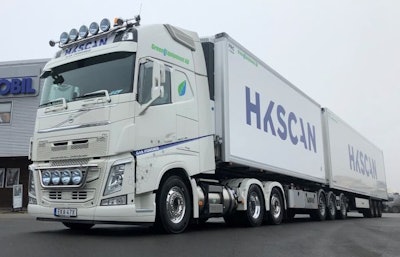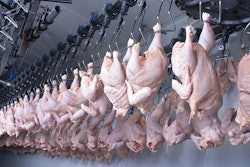
Northern European poultry, meat and prepared foods producer, HKScan, released its annual financial and social responsibility report for 2022 – the first since the company sold its Baltic business December 2022 to Estonian AS Maag Grupp.
“HKScan turned 110 years at the beginning of January 2023,” said CEO Juha Ruohola. “During these years, the company has faced a wide range of challenges, overcome them and moved forward stronger than ever.”
2022 challenges the poultry industry
While HKScan saw sales growth in all sectors, it reports that, profitability-wise, there is room for improvement. Net sales for 2022 was EUR1,834 million (approximately USD2 million) compared to 2021 – EUR1,645 million (approximately USD1.8 million).
According to the report, 2022’s high inflation impacted production costs as well as consumer behavior at the grocery store. Some COVID-19 restrictions were also still in place at the beginning of 2022.
How HKScan maintained growth
In addition to selling its Baltic business to improve efficiency and profitability, the company increased sales prices to combat production cost inflation, especially for value-added products like snacks, and expanded its product range into new product categories and raw materials.
Reinforcing its sustainability commitment
Even while working to increase profits, HKScan is still committed to its goal to be carbon neutral by 2025, and, as of the end of 2022, the company’s scope 1 and 2 emissions were 34,900 tonnes of CO2 according to the report . To put that in perspective, globally the average person’s carbon footprint is 4 tons per year, and the average U.S. citizens’ is 16 per year.
As part of its Zero Carbon Plan and due to the Russian invasion of Ukraine, the company has begun to replace its Russian fossil energy with renewable energy.
A large portion of HKScan’s sustainability commitment is also focused on reaching 100% recyclable packaging by 2030, and it does not have far to go, with 73% of the company’s packaging already recyclable.

















